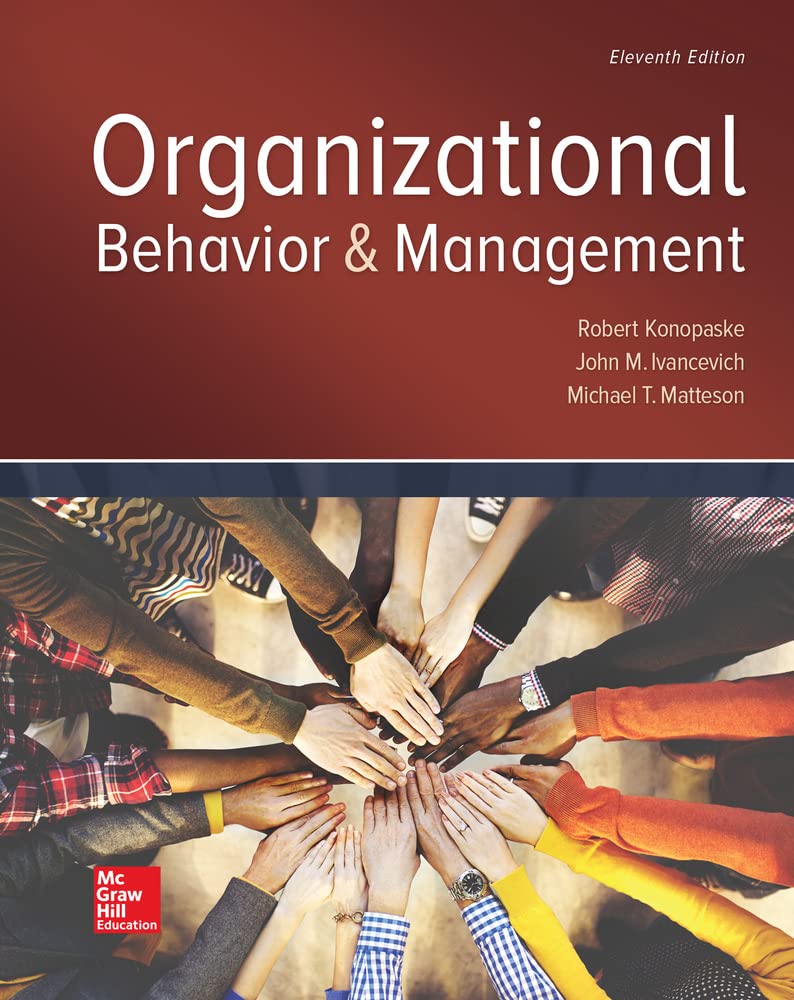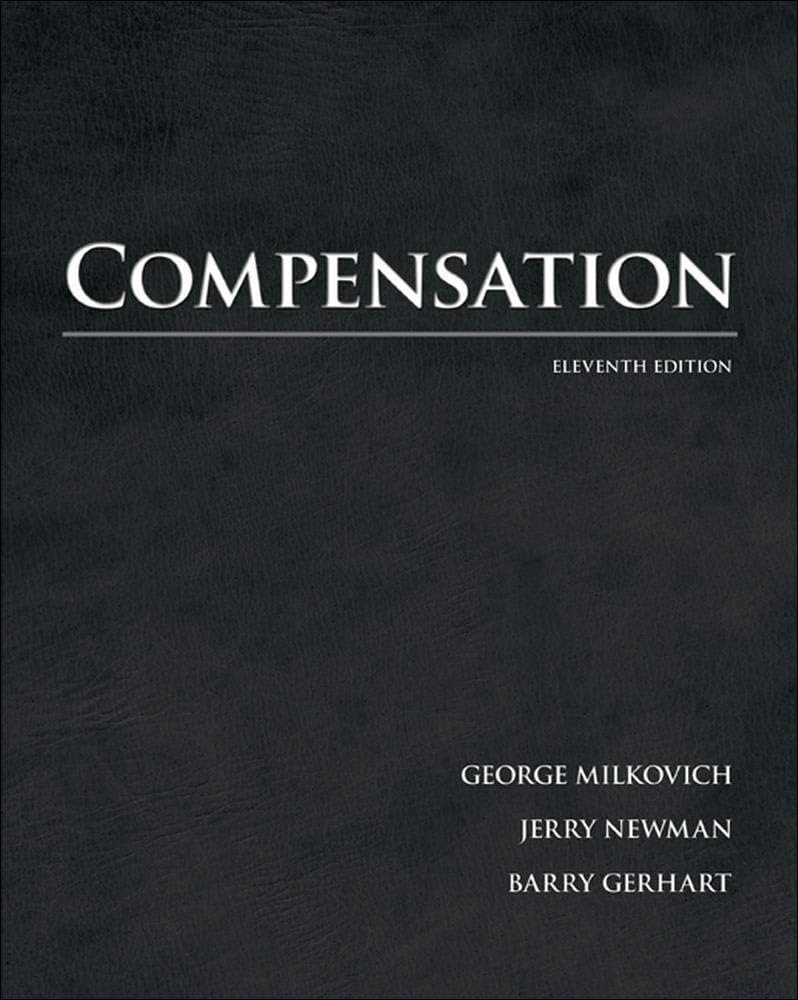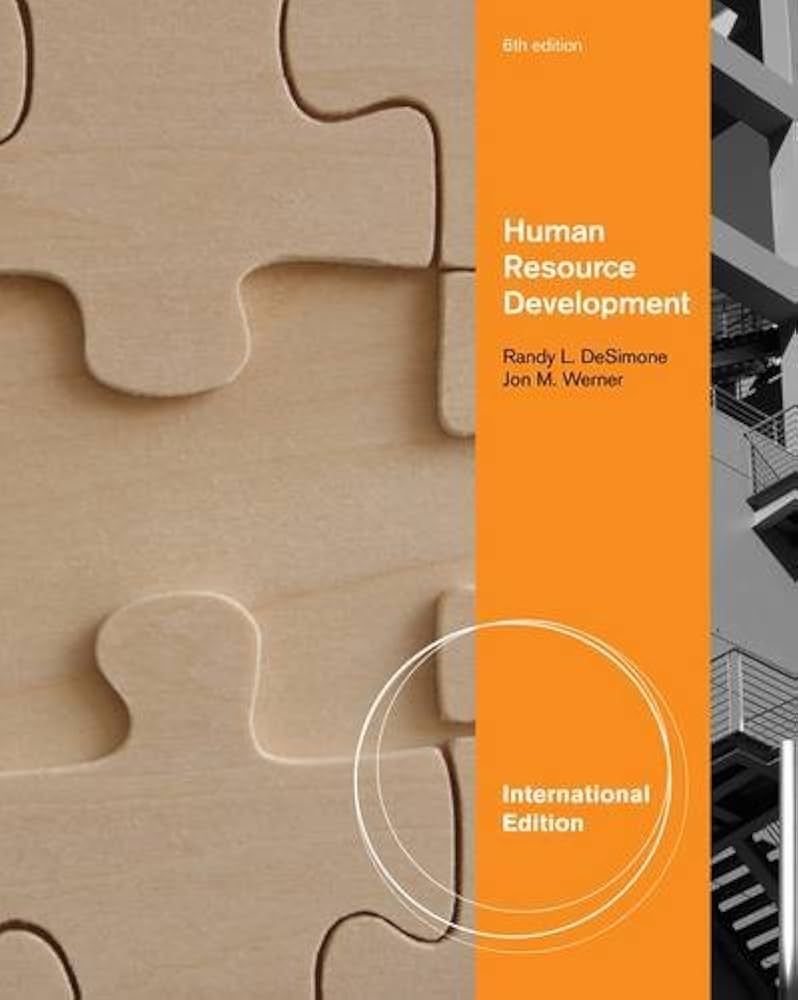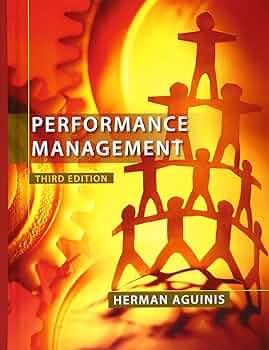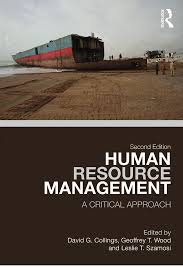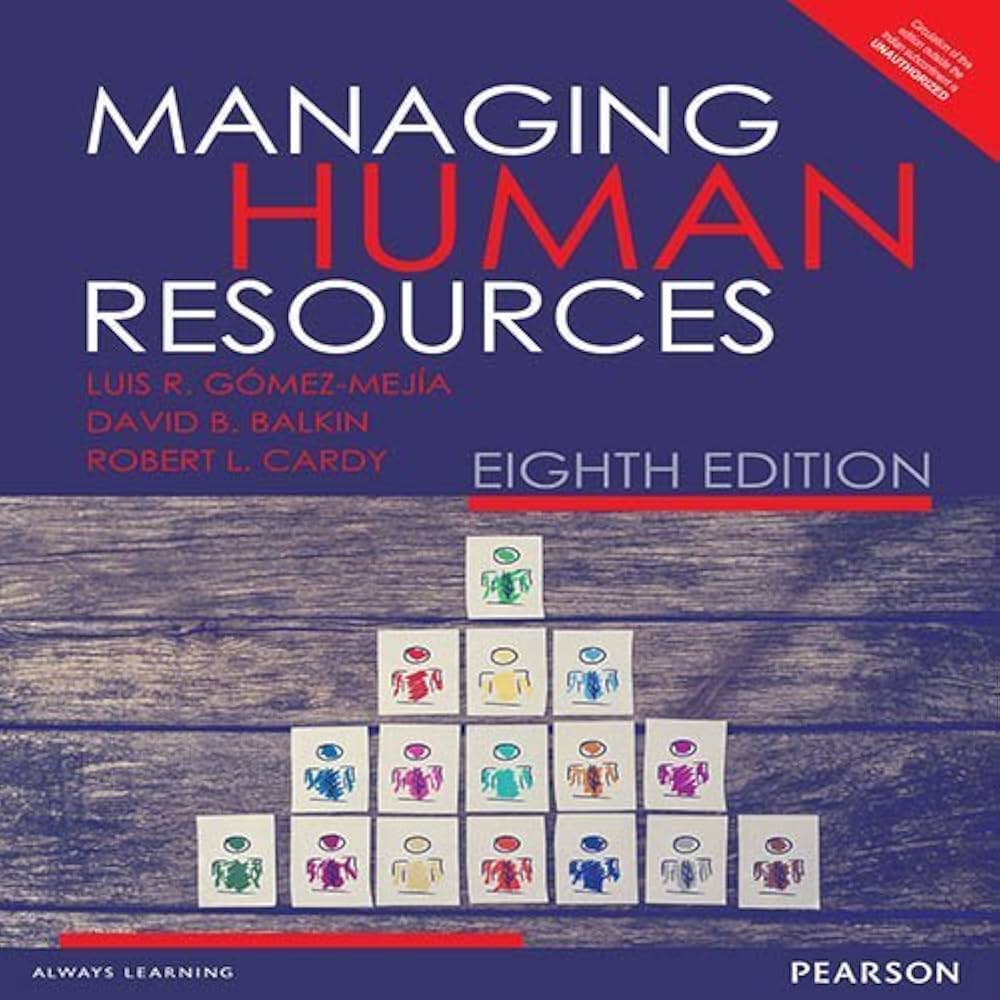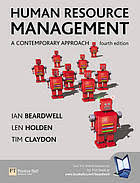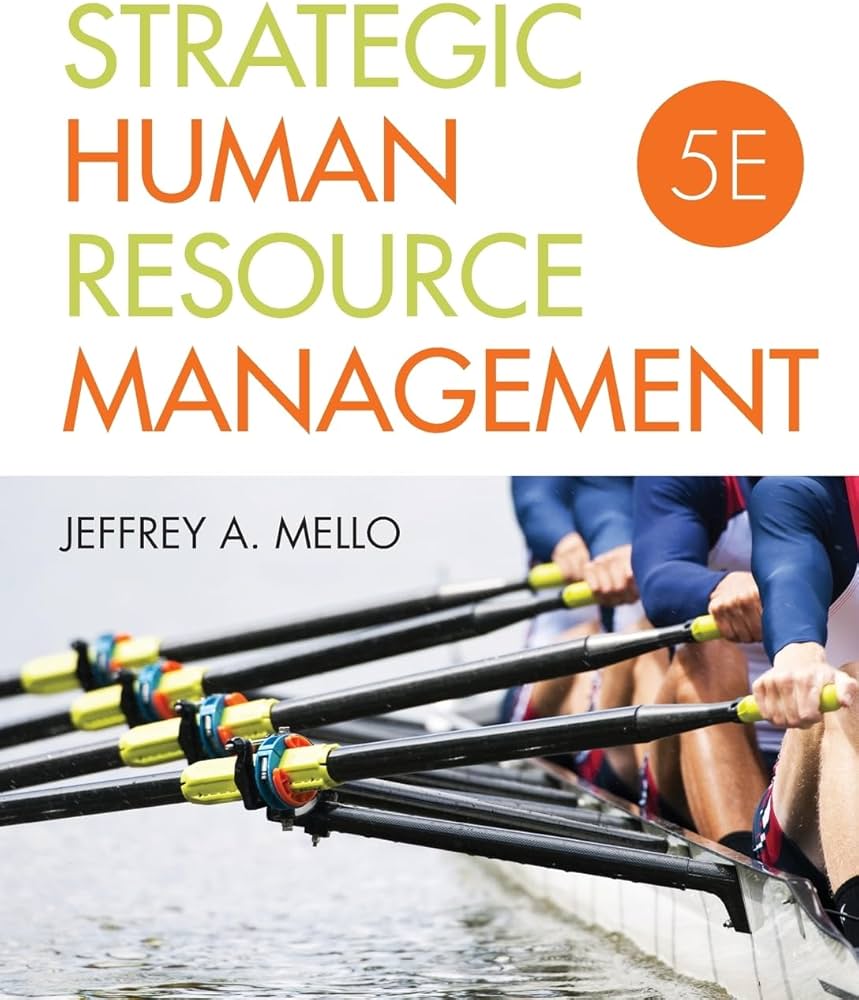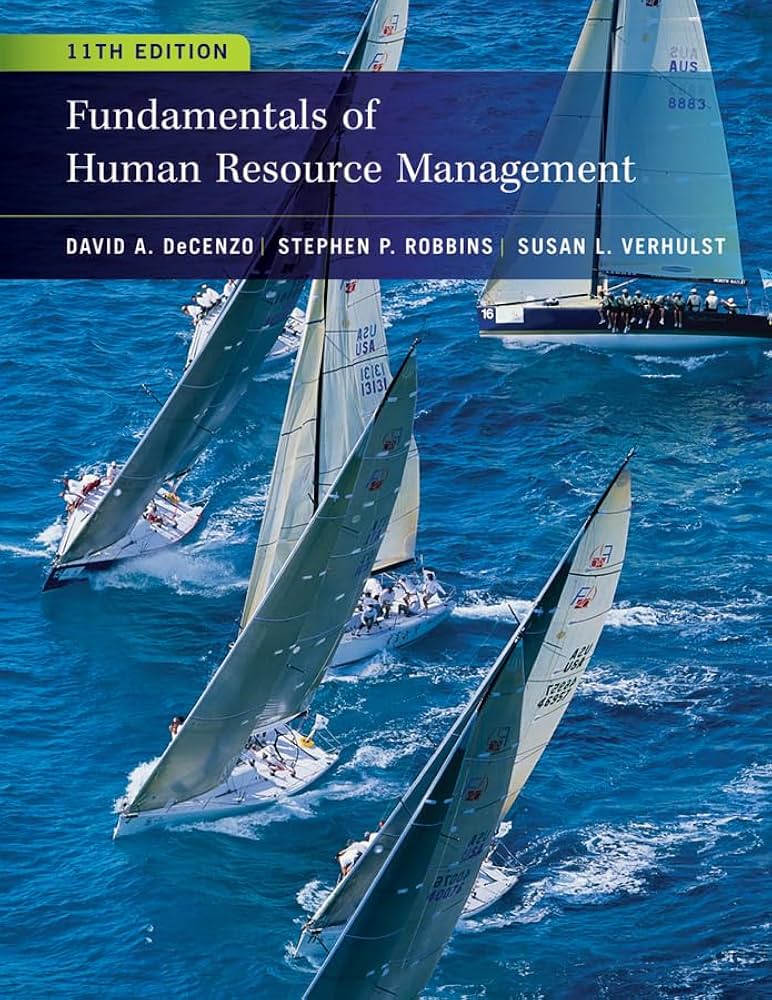Human Resources Management (HRM)
Human Resources Management is the strategic approach to managing people in an organization in a way that maximizes employee performance and ensures the organization meets its objectives. HRM encompasses various functions, including recruiting and staffing, training and development, performance management, compensation and benefits, employee relations, and compliance with labor laws. The role of HR professionals is to ensure that an organization’s human capital is nurtured and supported, which includes creating a positive work environment, fostering a culture of collaboration, and ensuring the mental and physical well-being of employees. In a globalized world, HRM also involves managing diversity, employee mobility, and the challenges of virtual workspaces. Modern HRM practices are heavily reliant on HR analytics and technologies like applicant tracking systems (ATS), performance management tools, and employee engagement platforms to streamline processes and improve decision-making.
